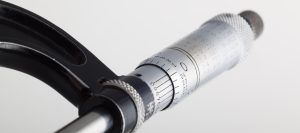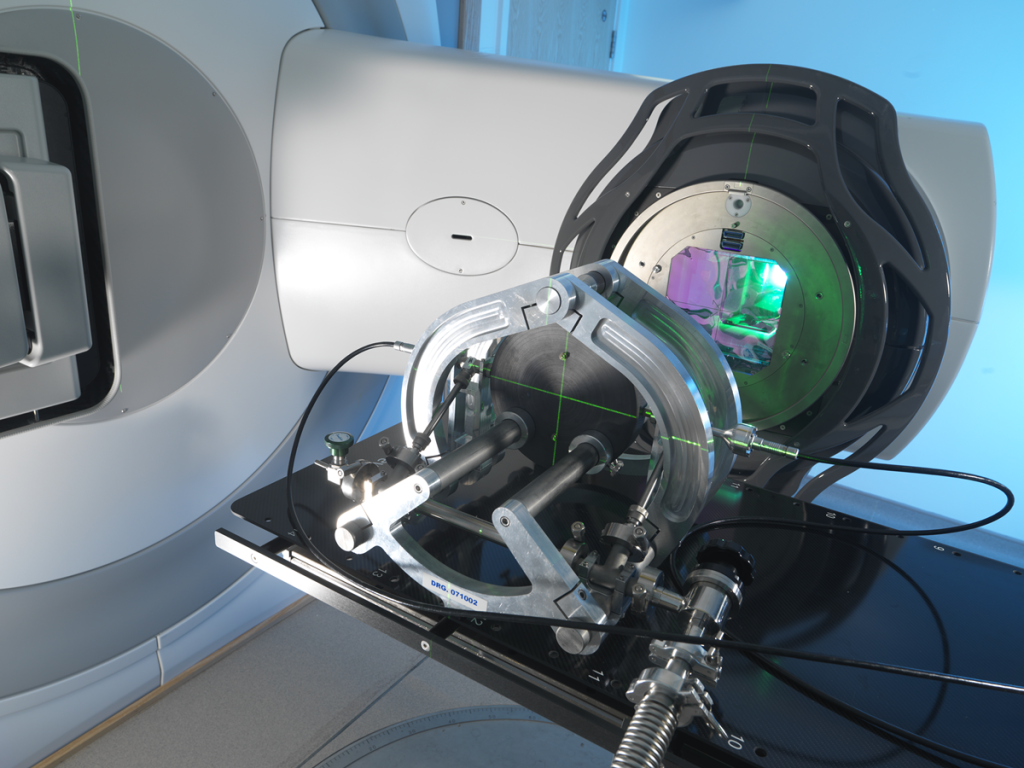

2026 course dates: 23 – 25 June 2026
Please email nathalia.almeida.costa@npl.co.uk to enrol.
Radiotherapy is an important area of cancer medicine, with around 4 in 10 cancer patients receiving it as part of their primary treatment. For decades, NPL has supported clinical communities across a range of disciplines to administer safe, effective radiotherapy treatments through the provision of primary standards and the dissemination of traceable dosimetry. Accurate dosimetry is essential to maintain and improve radiotherapy and, ultimately, to improve cancer survival rates. NPL has a unique combination of radiotherapy dosimetry expertise and research, coupled with clinical experience, both in terms of measurement and modelling. This is complemented by a suite of clinically matched facilities.
This course has been primarily created for new/junior radiotherapy physicists or clinical scientists to provide them with guidance on the measurement of dose and introduce them to the accepted codes of practice for reference dosimetry. It is also useful for more experienced personnel who wish to refresh their dosimetry knowledge.
This course has a theoretical and a practical component. The theoretical component is delivered via e-learning. It can be taken as a stand-alone course, or as a pre-requisite for the practical component as part of a blended course. The practical component is delivered face-to-face at NPL’s Teddington site.
This course consists of eight modules:
Learners who successfully complete the course will receive an NPL Certificate of Completion.
A note on the content: This course follows accepted Codes of Practice for reference dosimetry within the United Kingdom (UK). Learners from outside the UK should check for local guidance on best practice.
In-person practical course: While this e-learning course can be taken on its own, it also forms a pre-requisite for the NPL Reference Dosimetry – Practical course. This comprises in-person practical sessions that cover all areas of dosimetry measurement, as explained theoretically on this e-learning course. Find out more about the practical course here.
The blended course, in addition to the e-learning component above, offers the opportunity to apply the theory during four practical sessions at NPL’s Teddington site.
These practical sessions cover:
Please note that the blended course has a maximum capacity of 24 learners. If you would prefer to only enroll in the online portion of this course, please visit the Reference Dosimetry e-Learning Course page.